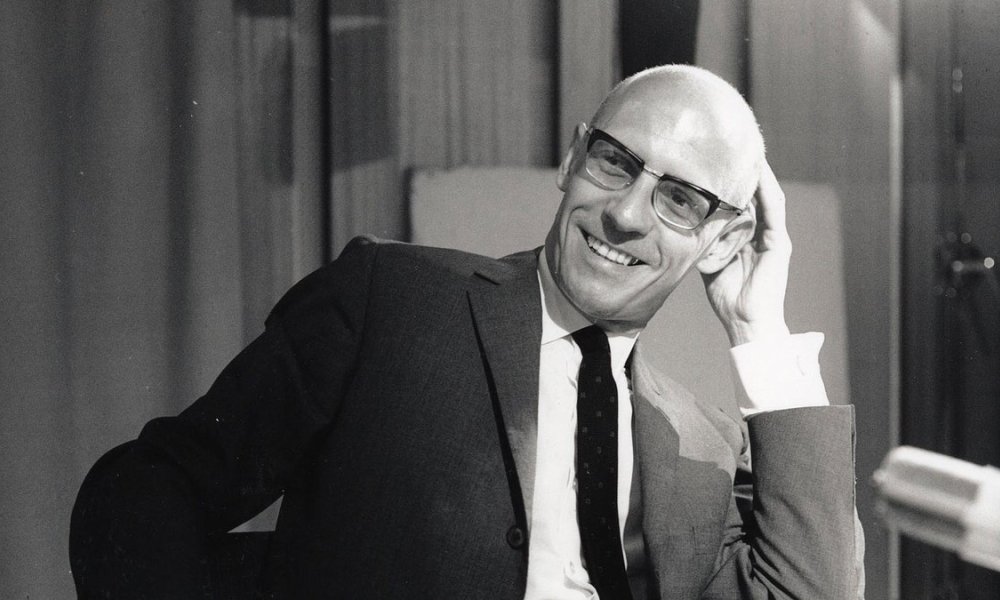At the Los Angeles Review of Books, philosopher Joseph Tanke reflects on the recent publication in French of the fourth volume of Foucault’s History of Sexuality project. Entitled Les aveux de la chair (Confessions of the Flesh), this volume was nearly complete at the time of Foucault’s death in 1984 but is only seeing publication now. As Tanke notes, it continues the historical investigation of the “subject of desire” that framed the previous volumes, and also points towards future areas of inquiry, making clear that at the time of his death, Foucault’s ambitious project was far from complete. Here’s an excerpt:
In France, the recent publication of the fourth — and many would argue essential — volume of the History of Sexuality, Les aveux de la chair (Confessions of the Flesh), promises to alleviate some of this frustration and to teach us much about the Final Foucault. The appearance of the fourth volume is itself the most significant event in the world of Foucault scholarship since the publication of his lecture courses from the Collège de France nearly 20 years ago. This volume is expected to fuel a number of ongoing debates, including those concerning the reasons for Foucault’s departure from the plan outlined in the project’s first volume, and likely to generate an interest in some of the lesser-known aspects of Foucault’s work, like his long-standing conversation with religion.
Inasmuch as the notion of the flesh was evoked at crucial moments in the other volumes of the History of Sexuality, the fourth volume contains an exposition essential to Foucault’s broader vision. Dedicated to analyzing the Christian experience of the flesh as it emerged in the first five centuries of the common era, this volume offers readers an in-depth examination of figures such as Clement of Alexandria, Gregory of Nyssa, John Chrysostom, John Cassian, and Augustine of Hippo. Composed in the sober, academic style of the second and third volumes of the History of Sexuality, Confessions of the Flesh registers as a weighty tome, likely a difficult read, and assumes considerable knowledge of religious history and Catholic doctrine. But, ultimately, the publication of this volume provides an opportunity for readers to better understand the moments of transformation and the instances of transmission that have defined the experience of sex in the Western world, and which loom so largely in Foucault’s late writings.
Image of Michel Foucault via braungardt.trialectics.com.
